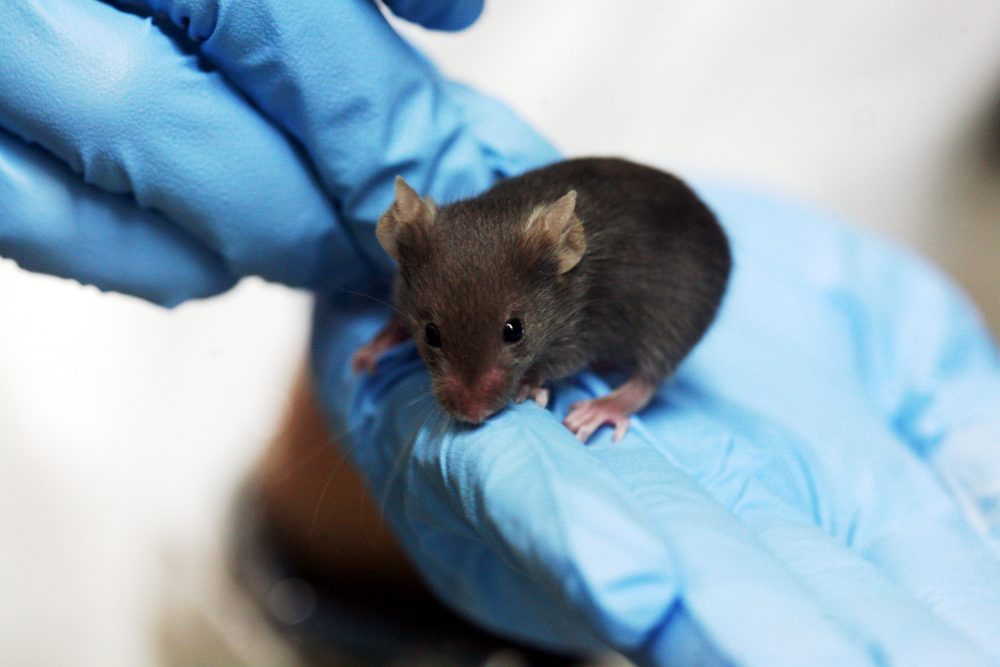Records released under the Freedom of Information Act show that last year alone, 4,162 live animals were tested on during research experiments at University College Cork (UCC). The animals, which included rabbits, mice, birds and guinea pigs, were sourced through specialist suppliers located in Ireland, the UK and the US, and cost nearly £185,000. £2,700 was also paid to dispose of carcasses.
Animal welfare groups and novelist John Banville, who said that the use of animal lives in university experiments was “absolutely disgraceful“, were horrified by the announcement that more than 110,000 live animals had been experimented on within the past five years at Trinity College Dublin.

The Irish Anti-Vivisection Society (IAVS) has also condemned the use of live animals in the experiments at UCC, and has demanded more stringent monitoring of the practice from the government. The IAVS described itself as being “appalled that UCC is failing to address the pain and death it causes to animals, with their death toll remaining broadly static at 4,000 to 4,500 a year.”
The UCC vice-president defended the practice, claiming that alternatives to live-animal experiments are widely used by the university but that the use of animals had produced beneficial results which could not otherwise be achieved. Projects for which live animals are used at UCC include research in areas such as irritable bowel syndrome, obstetrics and gynaecology, anxiety and depression, and cardiovascular disease.

However, Yvonne Smalley, the IAVS chairperson, said that the scientific community is increasingly willing to recognise that these “cruel” experiments on animals are limited and “often misleading regarding human health and safety.”
So is this suffering even necessary?
There are a range of alternatives to animal testing and experimentation using techniques which include cell cultures, computer programs, or the use of human clinical trials instead of animal testing. Banville asked the question which summarises the exploitative and frequently denied nature of this testing: “[i]f the animals don’t suffer, why don’t [the researchers] volunteer themselves?”


